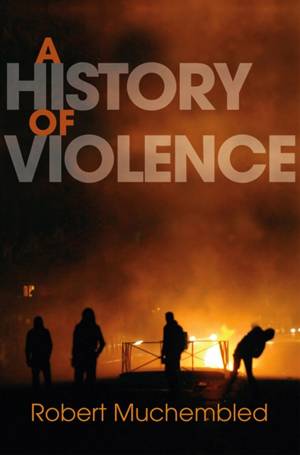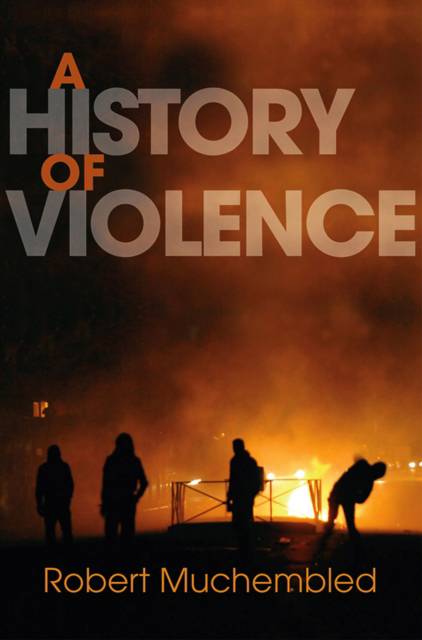
- Afhalen na 1 uur in een winkel met voorraad
- In januari gratis thuislevering in België
- Ruim aanbod met 7 miljoen producten
- Afhalen na 1 uur in een winkel met voorraad
- In januari gratis thuislevering in België
- Ruim aanbod met 7 miljoen producten
A History of Violence
From the End of the Middle Ages to the Present
Robert MuchembledOmschrijving
Violence is so much in the news today that we may find it hard to believe that it is less prevalent than it was in the past. But this is exactly what the distinguished historian Robert Muchembled argues in this major new work on the history of violence. He shows that brutality and homicide have been in decline since the thirteenth century. The thesis of a 'civilizing process', of a gradual taming, even sublimation, of violence, seems, therefore, to be well-founded.
How are we to explain this decline in public displays of aggression? What mechanisms have modernizing societies employed to repress and control violence? The increasingly strict social control of unmarried, male adolescents, together with the coercive education imposed on this age group, are central to Muchembled's explanation. Masculine violence gradually disappeared from public space, to become concentrated in the home. Meanwhile, a vast popular literature, precursor of the modern mass media, came to play a cathartic role: the duels of The Three Musketeers and the amazing exploits of Fantômas, as described in the new crime literature invented in the nineteenth century, now helped to purge the violent impulses.
And yet we seem, in the first few years of the twenty-first century, to be witnessing a resurgence of violence, especially among the youths of the inner cities. How should we understand this resurgence in relation to the long history of violence in the West?
Specificaties
Betrokkenen
- Auteur(s):
- Uitgeverij:
Inhoud
- Aantal bladzijden:
- 388
- Taal:
- Engels
Eigenschappen
- Productcode (EAN):
- 9780745647463
- Verschijningsdatum:
- 27/12/2011
- Uitvoering:
- Hardcover
- Formaat:
- Genaaid
- Afmetingen:
- 155 mm x 231 mm
- Gewicht:
- 703 g

Alleen bij Standaard Boekhandel
Beoordelingen
We publiceren alleen reviews die voldoen aan de voorwaarden voor reviews. Bekijk onze voorwaarden voor reviews.









